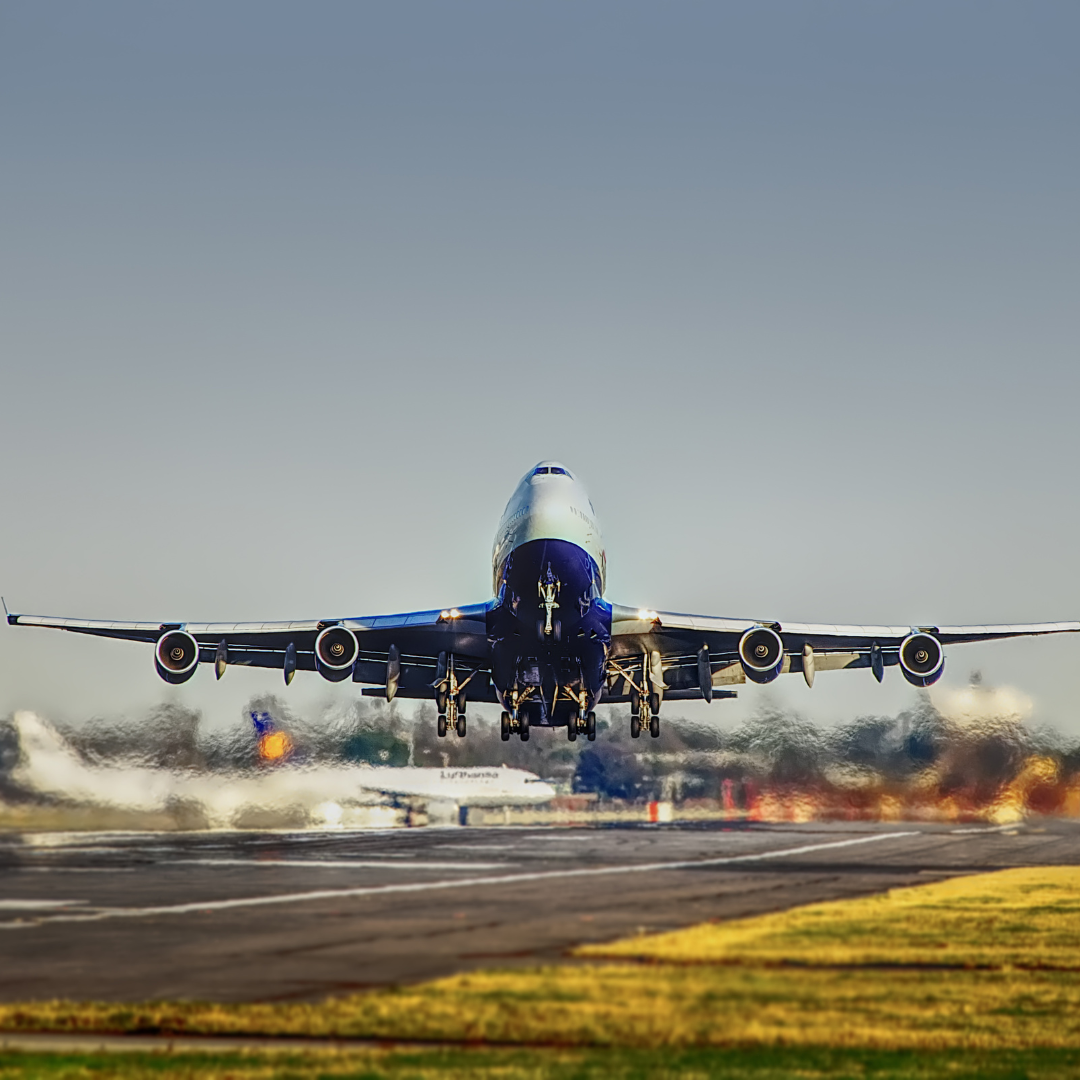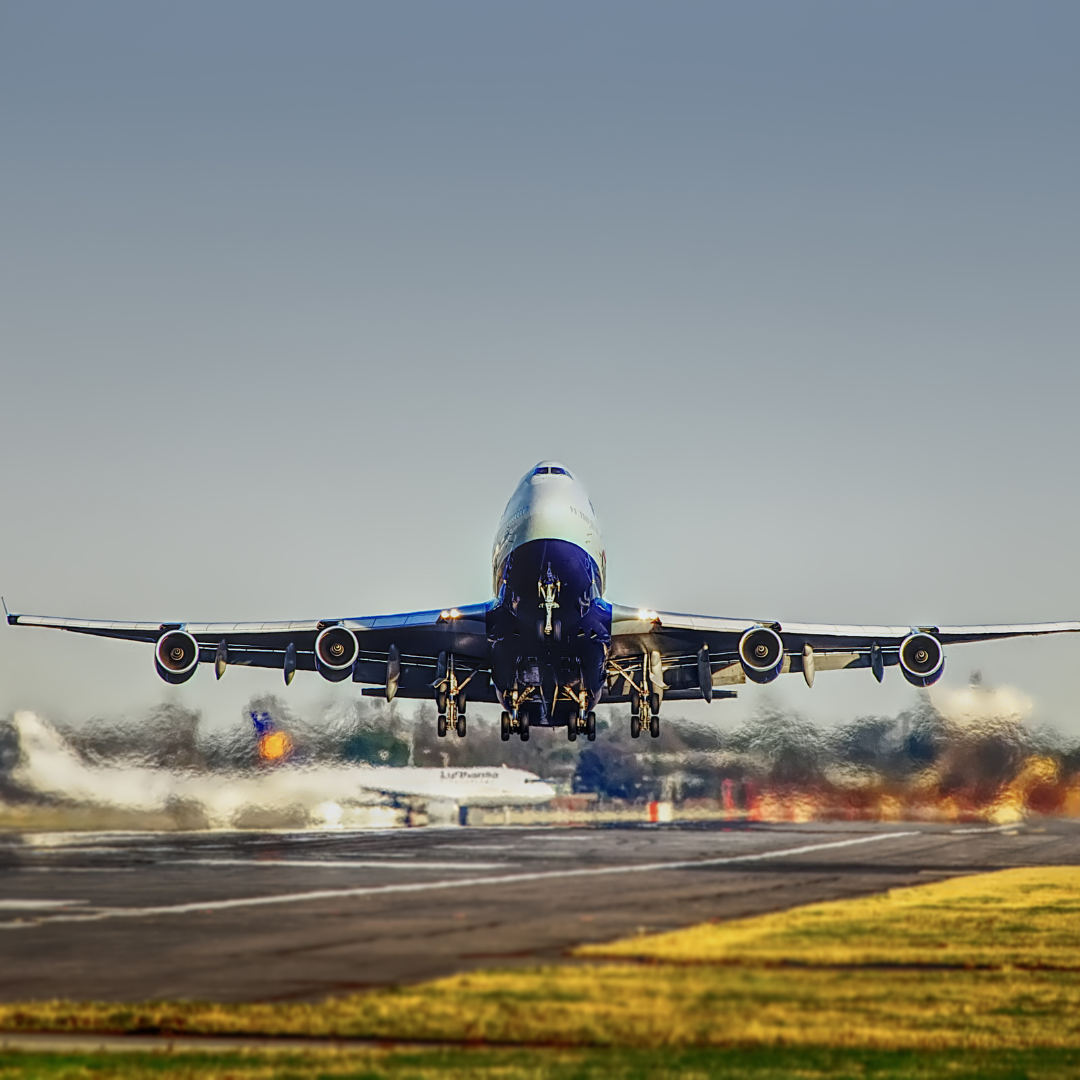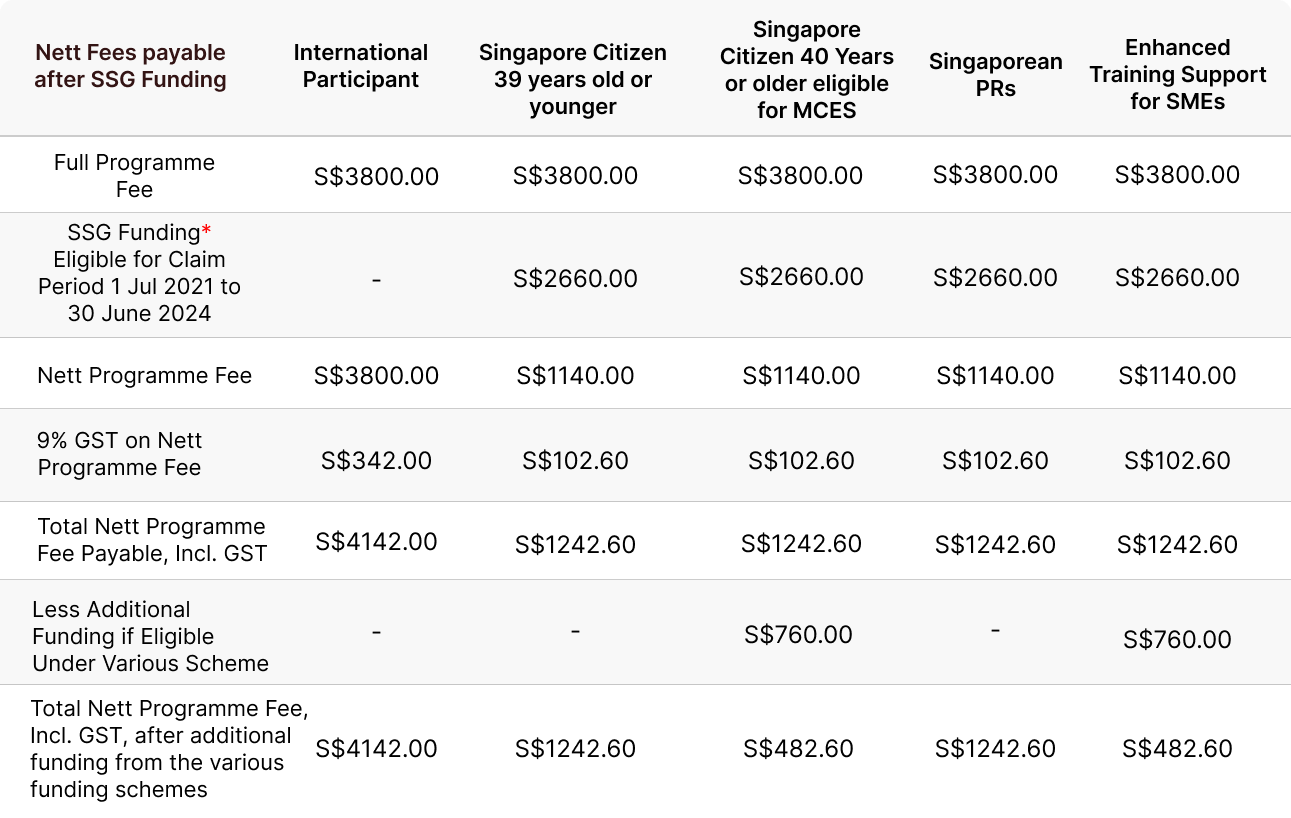
Airfield Pavement Engineering
Date: 11-12,14-15 Nov 2024
Duration: 28 Hours
Mode Of Delivery: Face to Face
Tuition Fees: S$3800.00 (Before GST)

What You Will Learn
To deepen the understanding of the principles and basics of airfield planning and design, the engineering of airfield pavement construction, materials selection and maintenance, the concepts of airfield pavement performance evaluation and prediction, the safety implications and environmental impacts of airfield operations, the mechanisms of interactions between aircraft and airfield pavement, the processes of airfield pavement deterioration and failures, and the rationales of airfield maintenance and rehabilitation treatments.
Short Course "Airfield Pavement Engineering" is recognised for 18 PDU points from the Professional Engineers Board.
Who Will Benefit
Civil Engineer, Consultant, Government officers.
Instructor

Assoc Professor Ong Ghim Ping, Raymond
Dr. TAN Chin Hon is Deputy Head (Undergraduate Programmes) at the Department of Industrial Systems Engineering and Management, NUS. He received his MS and PhD in Industrial and Systems Engineering at the University of Florida and his BEng in Industrial and Systems Engineering at NUS. He is currently serving as area editor (Economic Decision Analysis) for the Engineering Economist. His research interests include decision analysis, stochastic dominance and predictive analytics.
Entry Requirements
Bachelor degree in Engineering or related discipline, or Bachelor degree in non-engineering discipline with minimum two years of related airport engineering experience.
Available Discounts and Benefits

Notes
Course Code: TGS-2024041986
*Learners must fulfill at least 75% attendance and pass all assessment components, to be eligible for SSG funding.
**Please note that the mode of delivery is subject to change in light of the COVID-19 situation.
Courses marked ‘online’ may have compulsory face-to-face sessions such as laboratory or hands-on components and details should be sought from the schools or departments before learners register for them.
Related Programmes

Advances in Unmanned Aerial Systems



